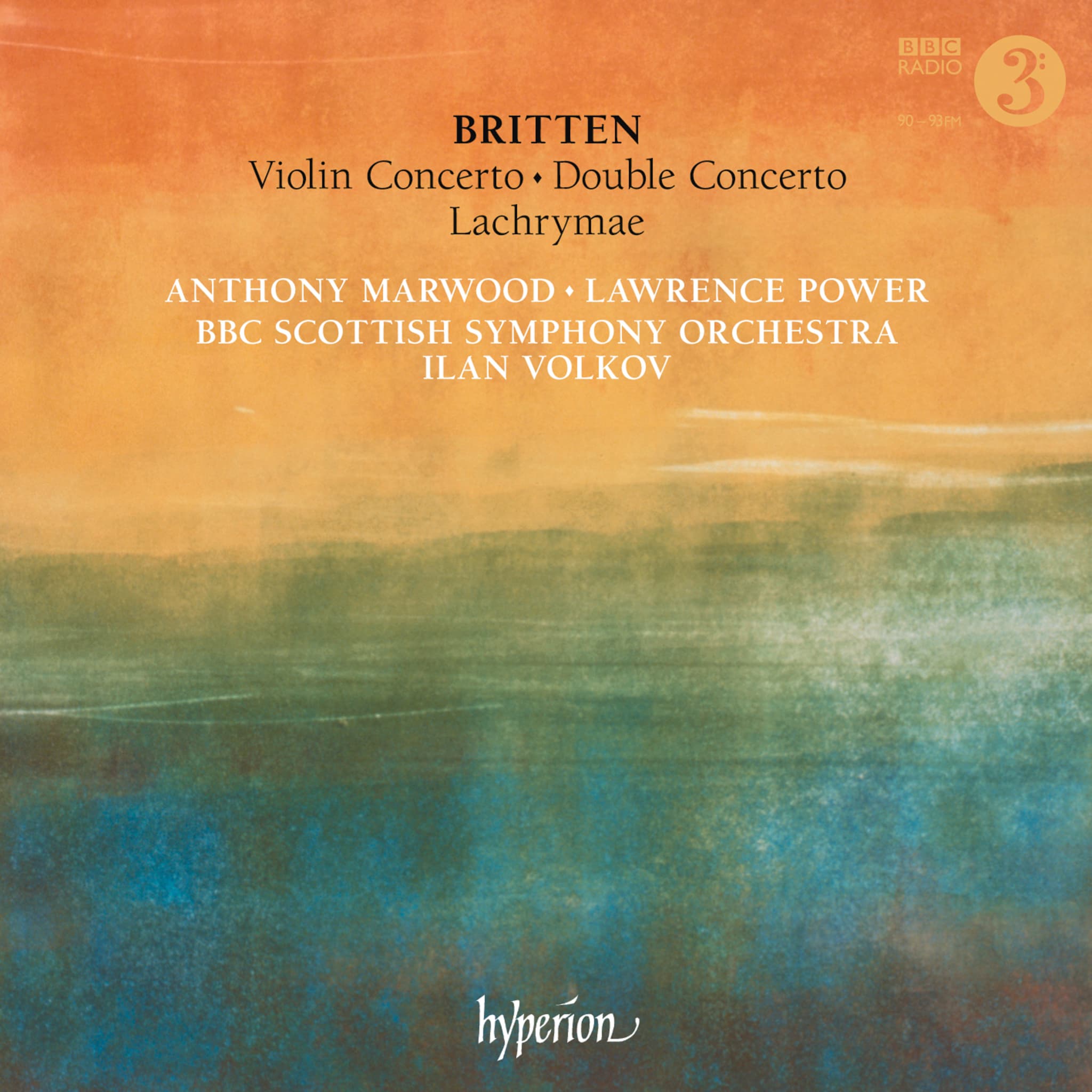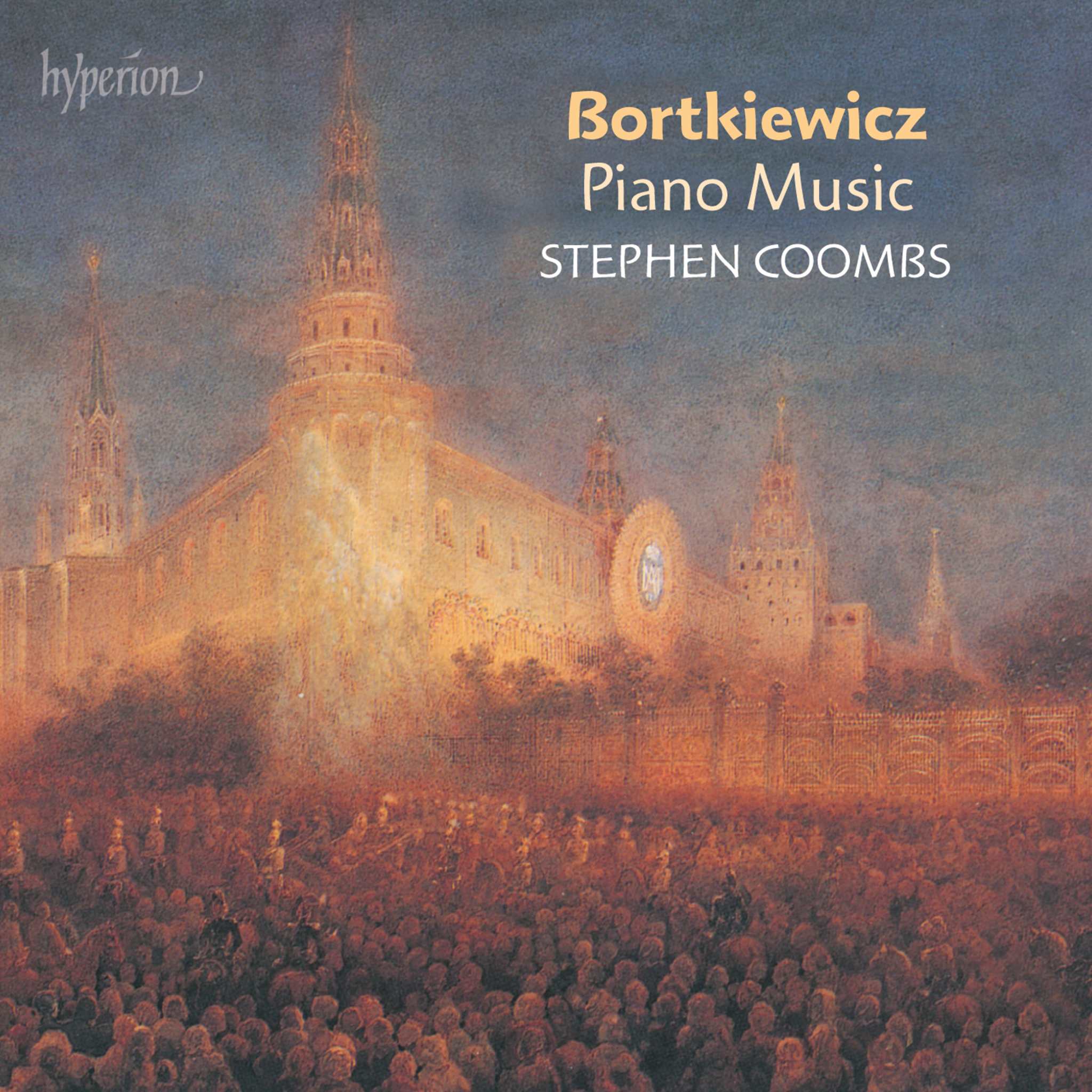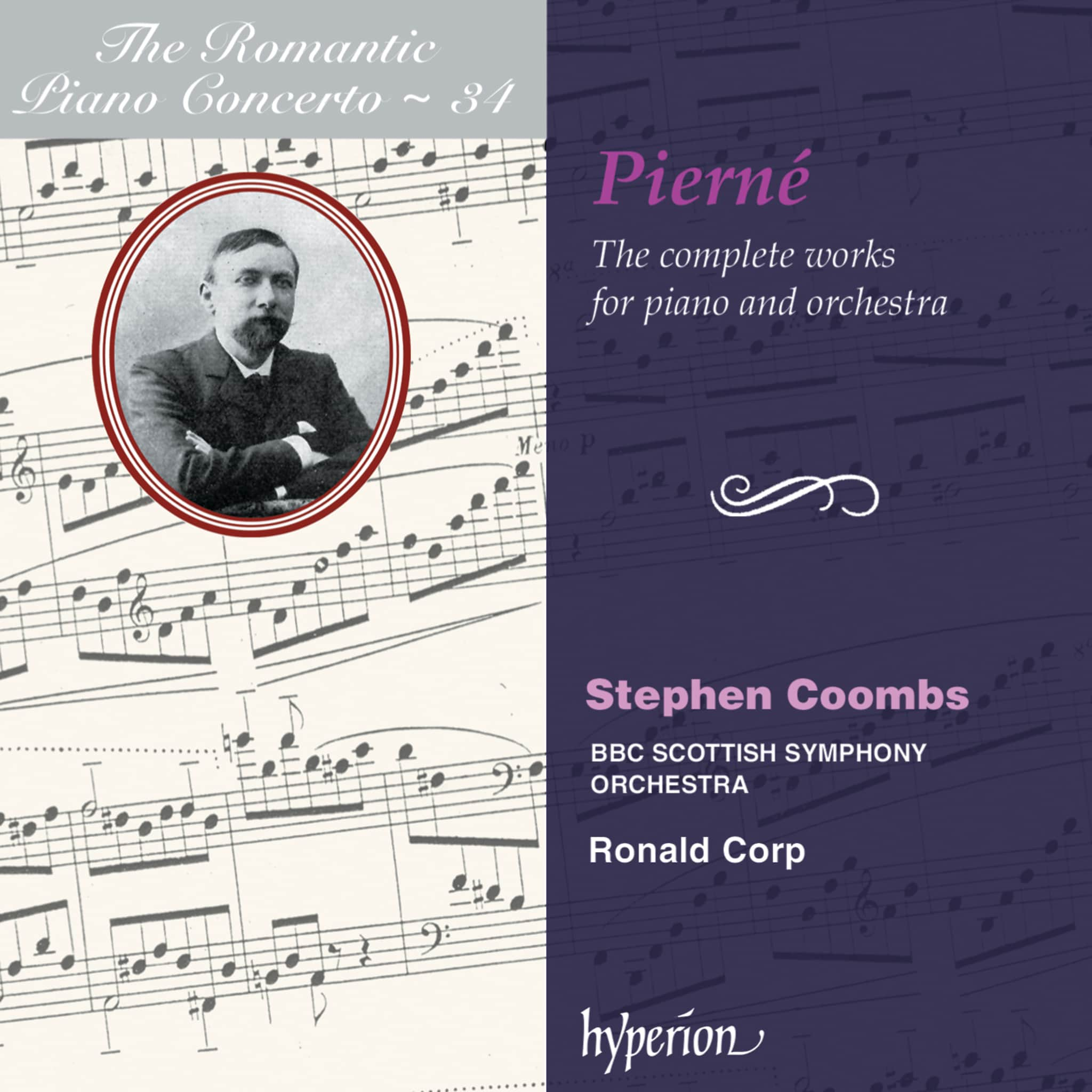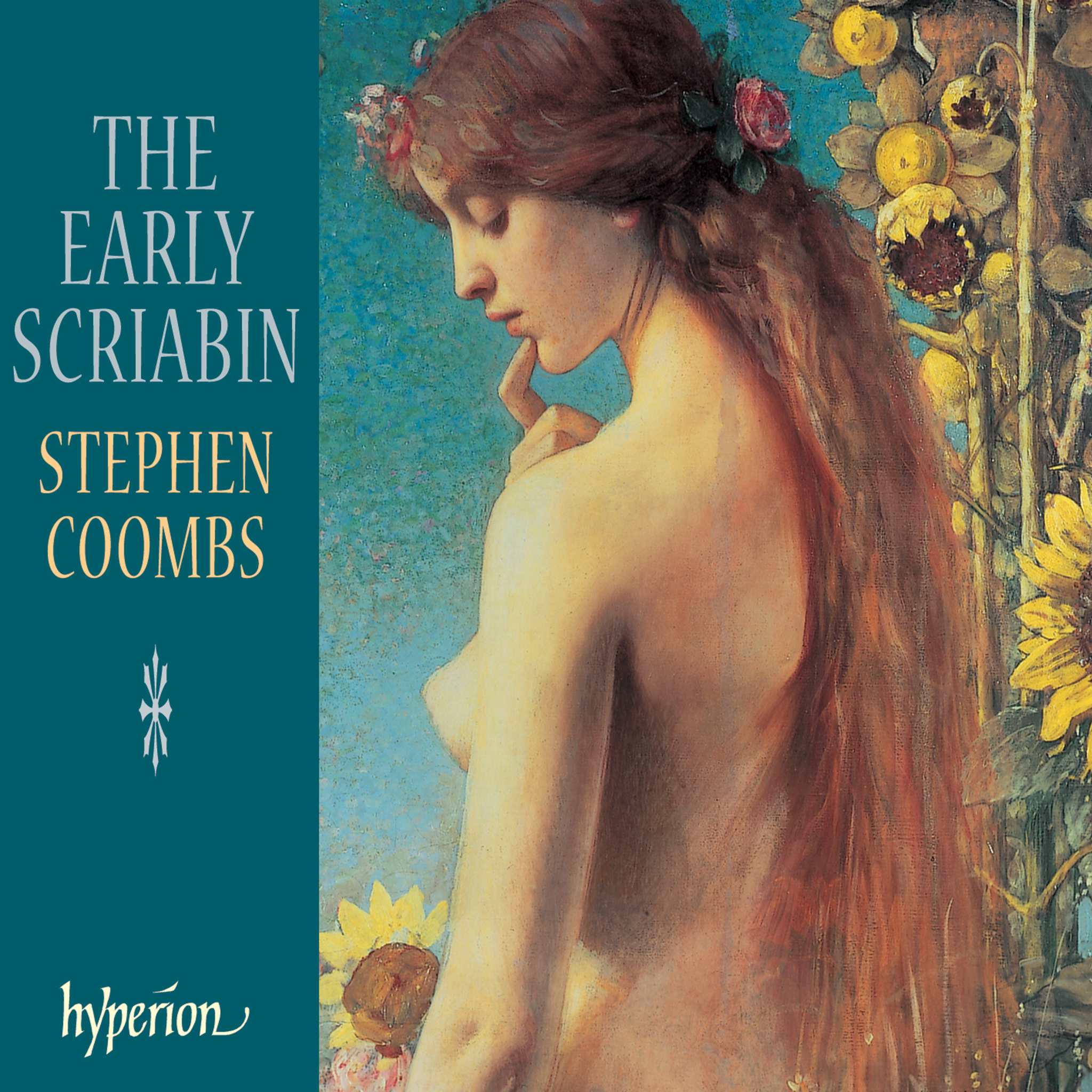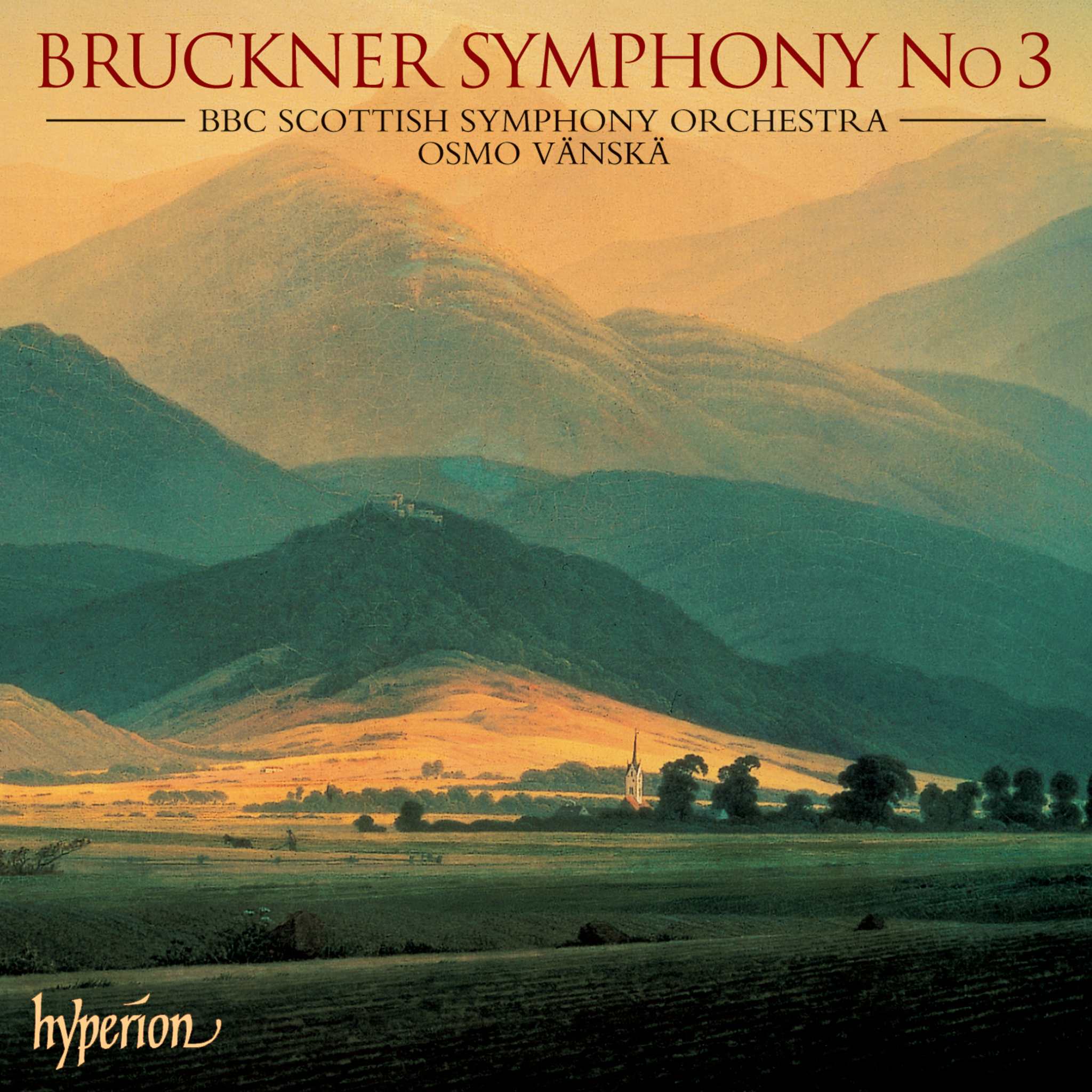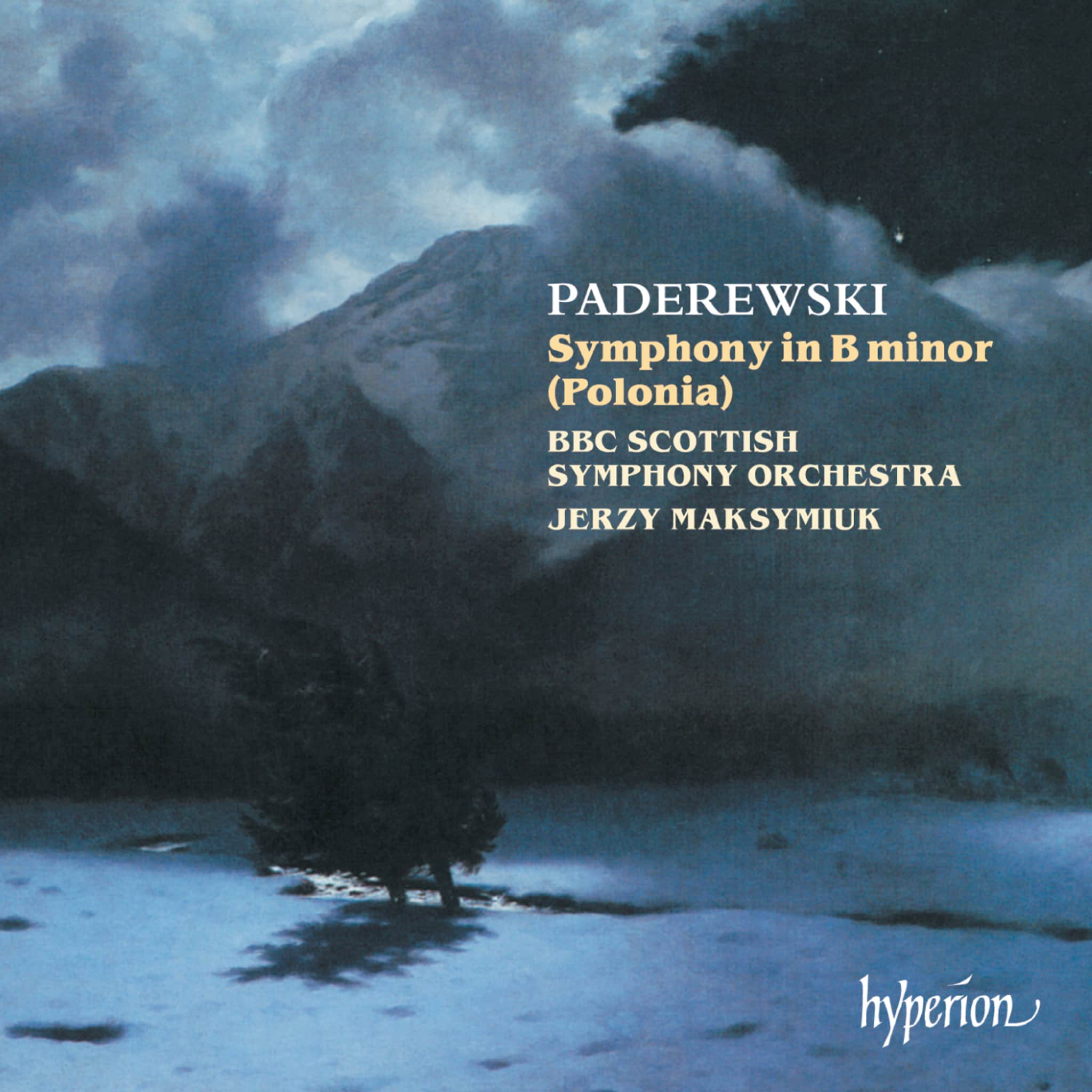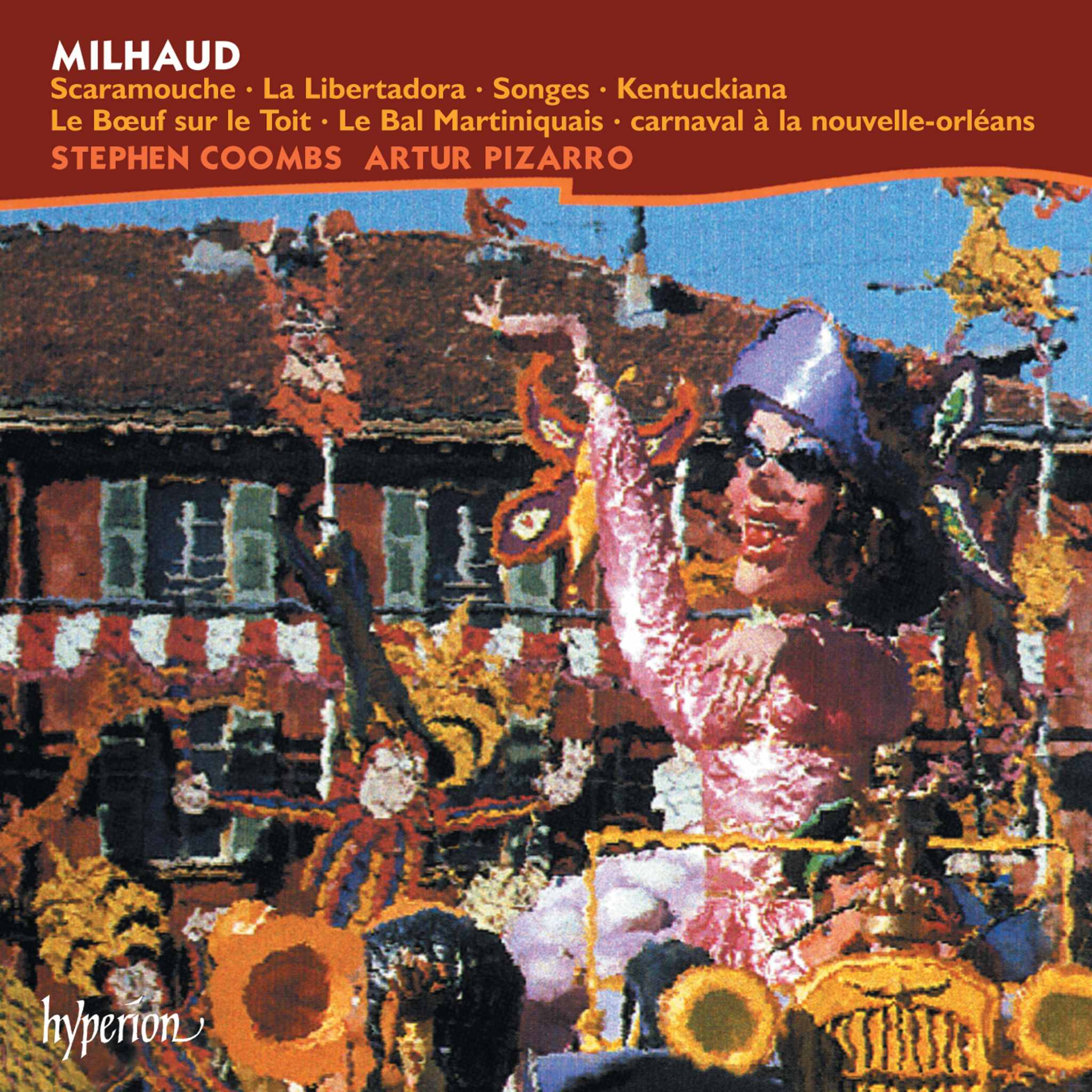Felix Mendelssohn Bartholdy, born on February 3, 1809, in Hamburg, was an outstanding composer, pianist, and conductor of the Romantic era, whose multifaceted talents were evident from an early age.[1][3] Even as a young man, he impressed with his talent in both music and other artistic disciplines. His piano skills, in particular, developed rapidly, so much so that he astonished figures like Goethe at an early age.
Mendelssohn's piano playing was influenced by German models such as Hummel and Weber, while simultaneously incorporating the structural clarity of Mozart into his style. During his youth, he composed numerous works, including concertos such as the Violin Concerto in D minor and the Piano Concerto in A minor. Some of his compositions, including the Concerto in E major for Two Pianos, were long forgotten until their original manuscripts were rediscovered in the Berlin State Library.
Mendelssohn's piano playing was influenced by German masters such as Hummel and Weber, while simultaneously incorporating the structural clarity of Mozart into his playing. The Concerto in E major was likely intended for his talented sister Fanny, while the A-flat major Concerto was inspired by his encounter with the renowned pianist Ignaz Moscheles. Although the concertos for two pianos were not without their critics, they reflect Mendelssohn's productive period of development and demonstrate his striving for perfection.
A light, almost dreamlike quality is characteristic of Mendelssohn's music, lending his style a distinctive brilliance. His compositions, even when containing complex passages, always retain a cheerful and playful character.
The Concert Pieces in E major and A-flat major differ in their structure, expression, and the balance between lyrical and passionate sections. The concluding Allegro vivace of these works underscores Mendelssohn's early creative power and marks the transition to the artistic maturity he achieved at the age of fifteen.





